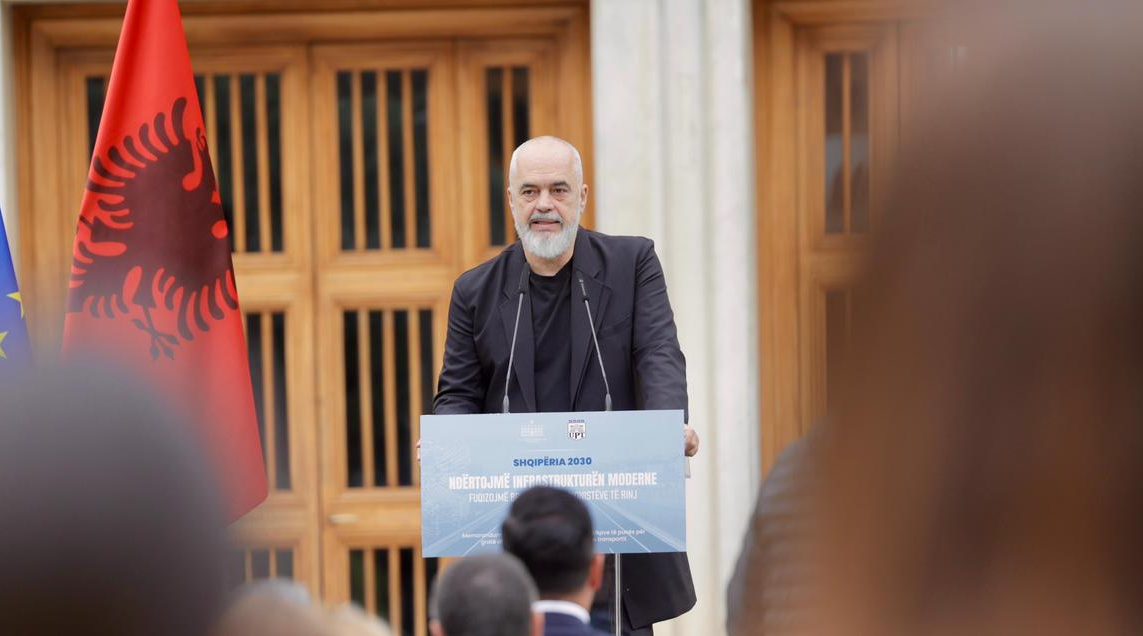Ministry of Infrastructure and Energy and Polytechnic University of Tirana Sign Agreement for Paid Internships to Boost Human Capital
Today, Belinda Balluku, Deputy Prime Minister and Minister of Infrastructure and Energy signed an agreement between the Ministry of Infrastructure and Energy and the Polytechnic University of Tirana.
The agreement aims to support students’ professional training by providing them with paid work internships and bringing them closer to the concrete processes of infrastructure development. This new internship program is an important step in fostering cooperation between the government and universities. It gives students the opportunity to gain practical experience before completing their studies and contribute directly to improving the quality of work in public institutions.
Minister Balluku emphasized the importance of investing in youth as the foundation of “Albania 2030,” noting that the country needs a workforce educated and trained according to European Union standards.
“During this term, the national average salary will reach 1,000 euros. However, as we said, salary alone is not enough. It is essential to create opportunities for education and professional training. Schools will be transformed into multifunctional centers with dormitories and courses that will equip our youth with internationally recognized certifications, especially in Europe. This is an investment in human capital. Developing a new generation is a special priority for the Ministry of Infrastructure and Energy, which, as I mentioned, oversees a vital sector for the country and its economy. Many experts in this sector are nearing the end of their careers and will need to pass the baton to a new generation of professionals to ensure the country’s continuous development,” said Balluku.
The agreement has technical and social aspects. It promotes gender equality in sectors where more and more young women and girls are working.
The program consists of two development phases. The first runs from November to April, and the second runs from March to May. A key part of the curriculum is weekly field visits, during which students will observe real work processes.



